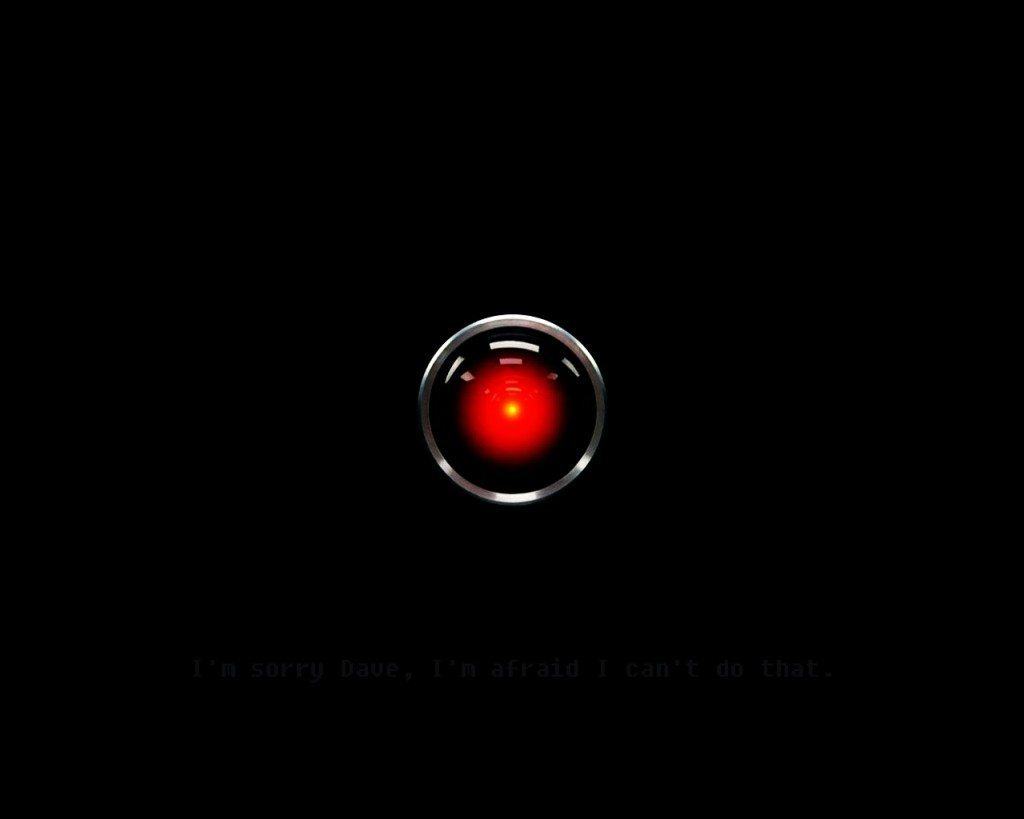
While Americans have slowly been numbed to the fact that their movements, reading habits, and purchasing behavior are being tracked by their smartphones, occasionally the legal system sees fit to push back. Such was the case Monday for smart TV-maker Vizio, which will pay $2.2 million to settle a lawsuit after the company collected viewing data from its customers and sold it without their permission.
In a press release, the Federal Trade Commission explained that Vizio, beginning in February 2014, used software installed on more than 11 million of its smart TVs to record second-by-second metadata about every show customers watched. That data—including customers’ sex, age, income, marital status, household size, education, and home ownership status—was then sold to third parties. Vizio marketed the software, called Smart Interactivity, as an innocuous feature that “enables program offers and suggestions” for users. According to the F.T.C., Vizio didn’t offer any “‘program offers or suggestions’ or ‘program-related information’ for most televisions for more than two years,” and older Vizio televisions that didn’t initially have the Smart Interactivity feature were opted into it. The F.T.C. suit, filed alongside the attorney general of New Jersey and the director of the state’s Division of Consumer Affairs, alleged that Vizio and its subsidiary, Inscape Services, began selling targeted advertising data to third parties in March 2016.
It is interesting to note that Vizio didn’t run afoul of the law by tracking its customers’ data, which is perfectly legal. Practically every major smartphone program and social-media platform collects user data—it’s something nearly everyone has agreed to at one point or another after likely declining to read an End User License Agreement when installing an app. Instead, the TV-maker got in trouble for not disclosing that it was doing so.
Vizio, for one, will have to make its data-collection practice clearer. As part of the settlement, for which Vizio did not admit to wrongdoing, the company is required to get clear consent from customers before tracking their data—something Vizio says it is already doing. “Even before today’s resolution was announced, Vizio had addressed the concerns by updating online and onscreen disclosures,” Vizio said in a statement. “For example, the F.T.C. complaint acknowledged that Vizio has sent onscreen notifications informing users about viewing data collection, reminding users of the option to turn this feature off or on, and educating users about the purpose and nature of its viewing data program.”
While Vizio is now in the clear, the settlement raises troubling questions about the capabilities of tech products to invade and violate consumer privacy. Tracking software itself isn’t new—Web sites have been using cookies to monetize Internet browsing behavior since the 1990s. But the advent of smartphones, and now, smart home devices, presents a frightening new set of challenges for privacy advocates. Facebook has begun tracking what users buy in brick-and-mortar stores to assess the effectiveness of its ads. Uber now continues to collect location data five minutes after a ride ends. And police are now seeking the audio data from smart home devices like Amazon’s Alexa and Google’s Home—which are always listening for their “wake word,” and begin streaming recorded sound to the cloud the moment they are activated—to help solve murders. Vizio itself isn’t the first TV-maker to find itself in hot water for monitoring customers, either: two years ago, it was reported that Samsung’s smart televisions, which use a voice-recognition system, were recording audio and sharing it with advertisers, though the company provided a notification.
Regardless of how careful tech companies are to disclose when they are collecting user data, or to allow customers to opt-out, the preponderance of sensors and recording devices being integrated into all aspects of modern life is inescapable—and vulnerable to misuse. It’s been well-documented that laptop cameras and microphones can be targets for hackers, who have demonstrated the ability to activate them remotely. Facebook C.E.O. Mark Zuckerberg, for one, tapes over his laptop camera and microphone as a low-tech defense against cyber-espionage. Perhaps you should consider it, too.


























